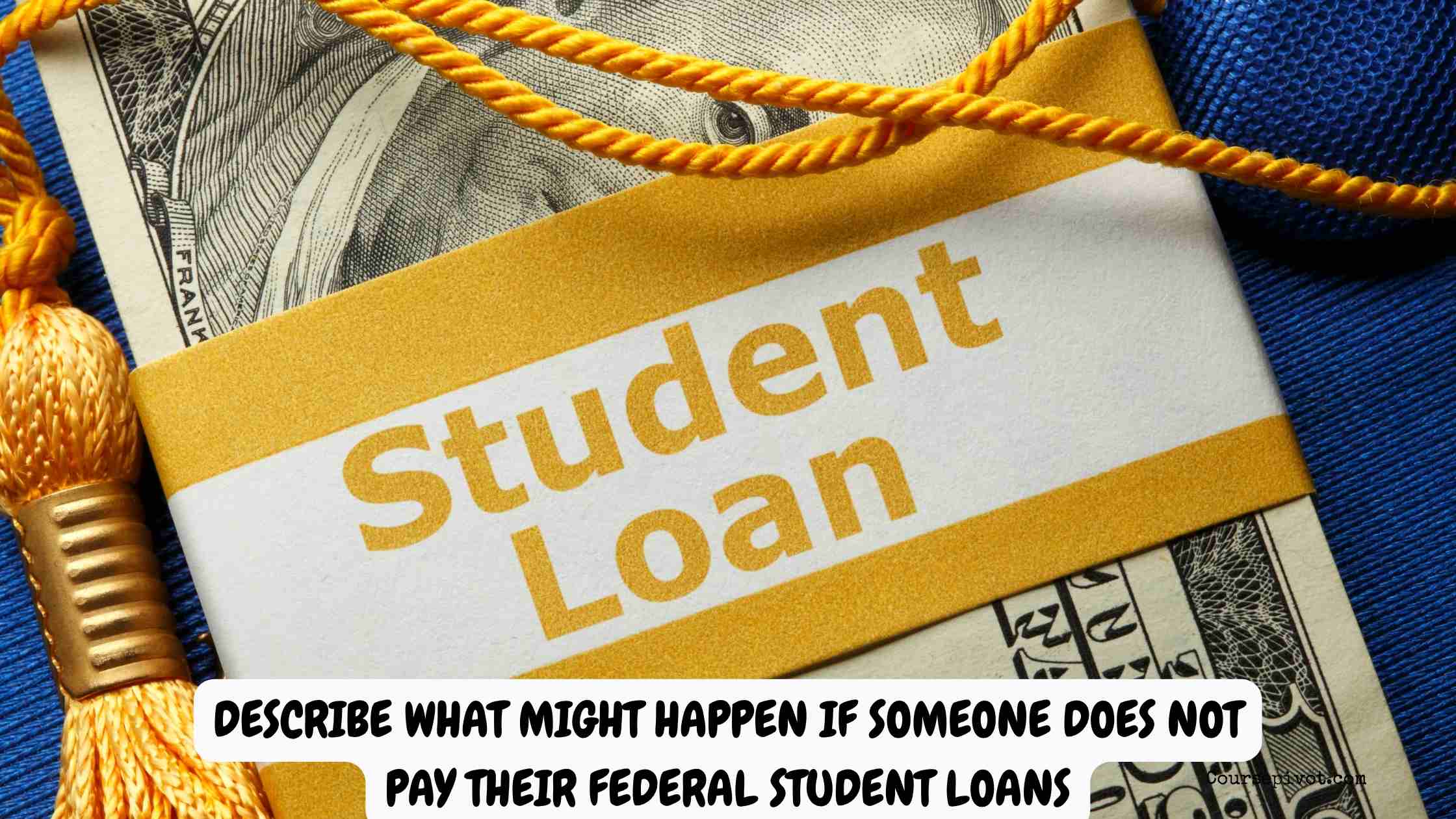
What Might Happen If Someone Does Not Pay Their Federal Student Loans
Ignoring federal student loans can feel tempting when finances are tight. I’ve seen friends wrestle with the stress of unpaid loans, wondering what’s at stake. Understanding what might happen if someone does not pay their federal student loans is crucial to avoiding serious consequences. In this article, I’ll outline five key outcomes of defaulting on these loans, drawn from my observations and research. These insights can help you make informed choices. Let’s dive into the potential fallout of skipping those payments.
Table of Contents
Have you ever wondered what happens if you just stop paying? The repercussions can pile up fast. Ready to explore the five consequences of not paying federal student loans?
Missing payments isn’t just a small slip—it can reshape your financial future. I’ve watched people underestimate the impact, only to face tough lessons. Knowing these risks can push you to act before it’s too late.
1. Loan Default and Credit Damage
Failing to pay can lead to default, wrecking your credit. This is a major consequence of not paying federal student loans. I’ve seen how it limits financial options.
- Default after 270 days. Missing payments for nine months triggers default.
- Credit score drop. Default can slash your score by 50-100 points.
- Long-term impact. The mark stays on your credit report for seven years.
Why does default hurt so much? A bad credit score makes loans, mortgages, or even renting harder. It’s a ripple effect on your future.
2. Wage Garnishment
The government can take part of your paycheck if you default. Wage garnishment is a harsh outcome of not paying federal student loans. I’ve heard stories of this catching people off guard.
- Up to 15% taken. Your employer is forced to withhold earnings.
- No court needed. The Department of Education can order this directly.
- Job complications. It can strain workplace relationships.
Why do they garnish wages? It’s a way to recover unpaid debt. This loss of income can disrupt your budget.
- Read our blog on What a Loan Discount Point Is and What Effect It Has on a Home Loan
3. Tax Refund Seizure
Your tax refunds can be taken to cover unpaid loans. This is a sneaky consequence of not paying federal student loans. I’ve seen it hit hard during tax season.
- Offset applied. The Treasury can redirect your refund to your loan.
- Lost financial cushion. That expected cash disappears.
- Ongoing risk. It can happen year after year until the debt’s paid.
Why take your refund? It’s an easy way for the government to collect. Losing this money can derail financial plans.
4. Loss of Federal Benefits
Defaulting can block access to federal aid. This is a serious outcome of not paying federal student loans. I’ve noticed it affects future opportunities.
- No more loans. You can’t get new federal student aid.
- Benefit cuts. Social Security or other payments may be reduced.
- Renewal issues. Deferment or forbearance options vanish.
Why cut off benefits? It’s a penalty for nonpayment. This can limit your ability to study or retire comfortably.
5. Legal Action and Collection Fees
The government may sue to recover the debt, piling on costs. Legal action is a daunting consequence of not paying your federal student loans. I’ve seen these costs balloon.
- Lawsuits filed. The Department of Education can take you to court.
- Added fees. Collection costs can add 25% to your debt.
- Endless debt. Unlike other debts, student loans rarely discharge in bankruptcy.
Why do they escalate to court? It’s their last resort to enforce payment. The extra fees make repayment even harder.
- Read our blog on 15 Signs You Are Poor
What’s Next for You
Grasping what might happen if someone does not pay their federal student loans is a wake-up call. I’ve watched people face these consequences, and it’s tough but avoidable. These five outcomes—default, wage garnishment, tax refund seizure, benefit loss, and legal action—show the high stakes. Ignoring loans doesn’t make them vanish; it makes life harder. Will you let these risks pile up, or take control now?
Here’s how to act:
- Contact your servicer. Discuss repayment plans like income-driven options.
- Explore forgiveness. Programs like Public Service Loan Forgiveness might apply.
- Budget wisely. Prioritize loan payments to avoid default.
These consequences are real but preventable. You can steer clear of this mess. Start managing your federal student loans today for a brighter financial future.
Cite this article
You can copy and paste your preferred citation format below.
Martin, L. & Arquette, E.. (2025, May 29). What Might Happen If Someone Does Not Pay Their Federal Student Loans. Coursepivot.com. https://coursepivot.com/blog/what-might-happen-if-someone-does-not-pay-their-federal-student-loans/



